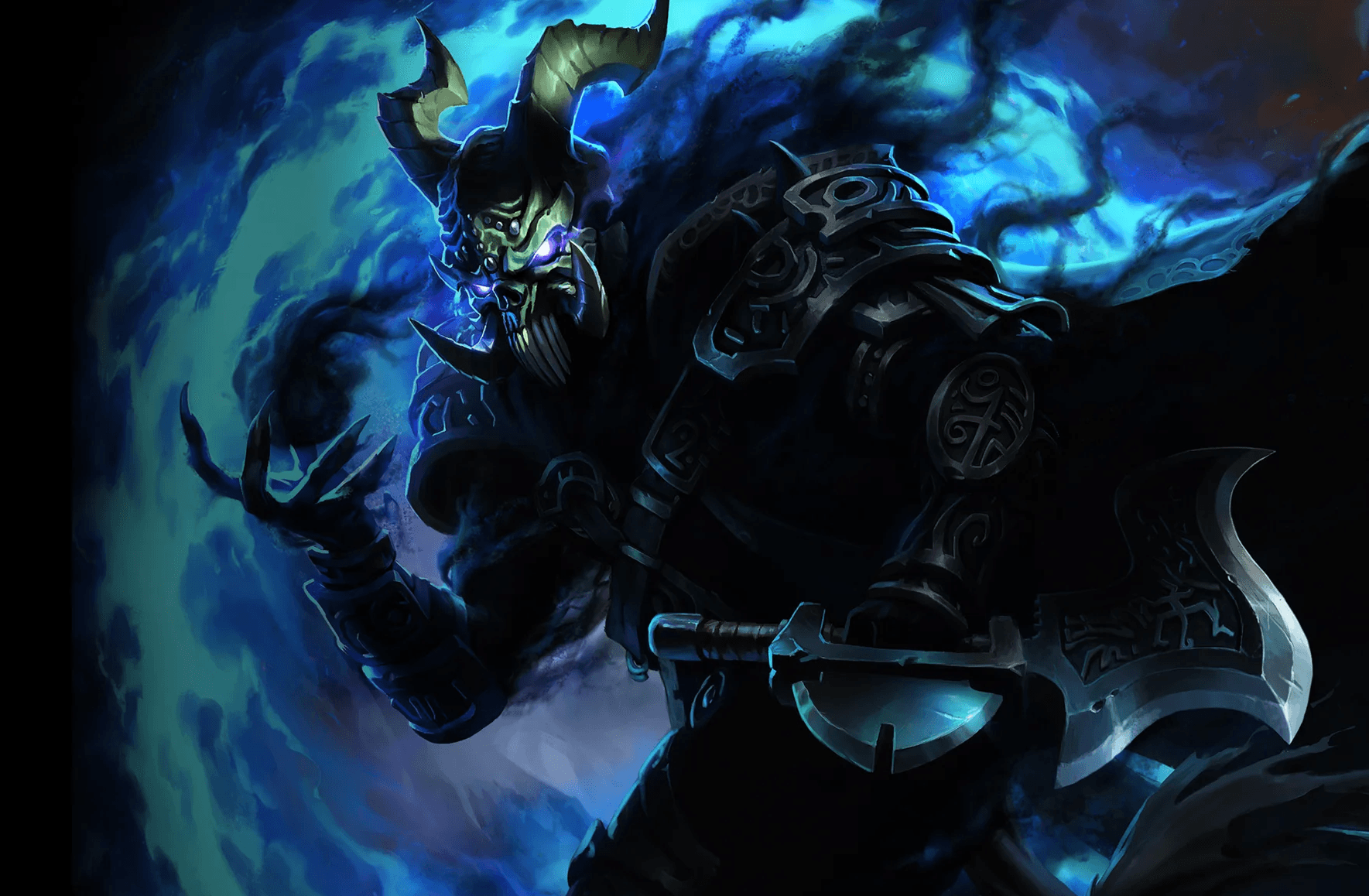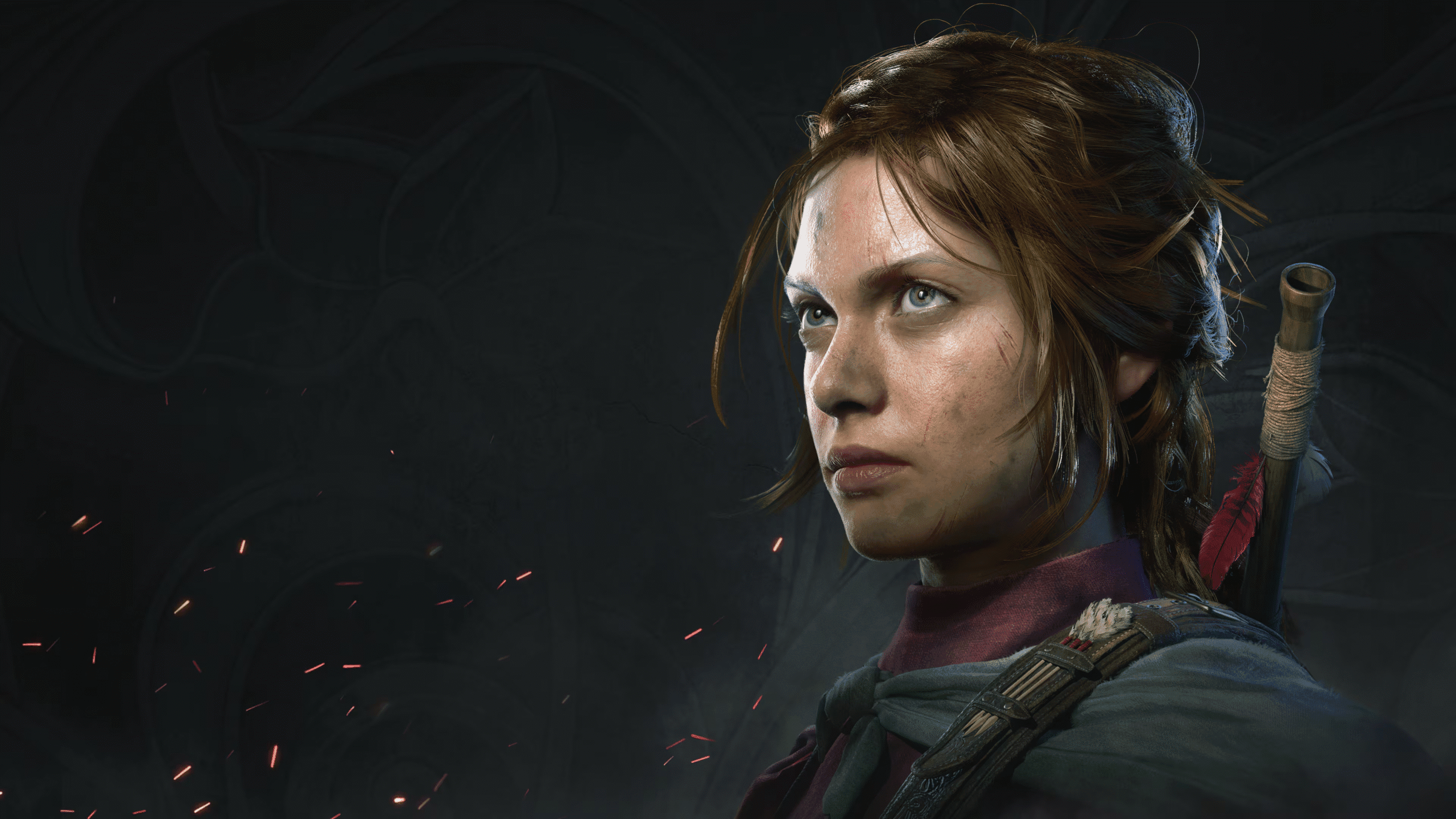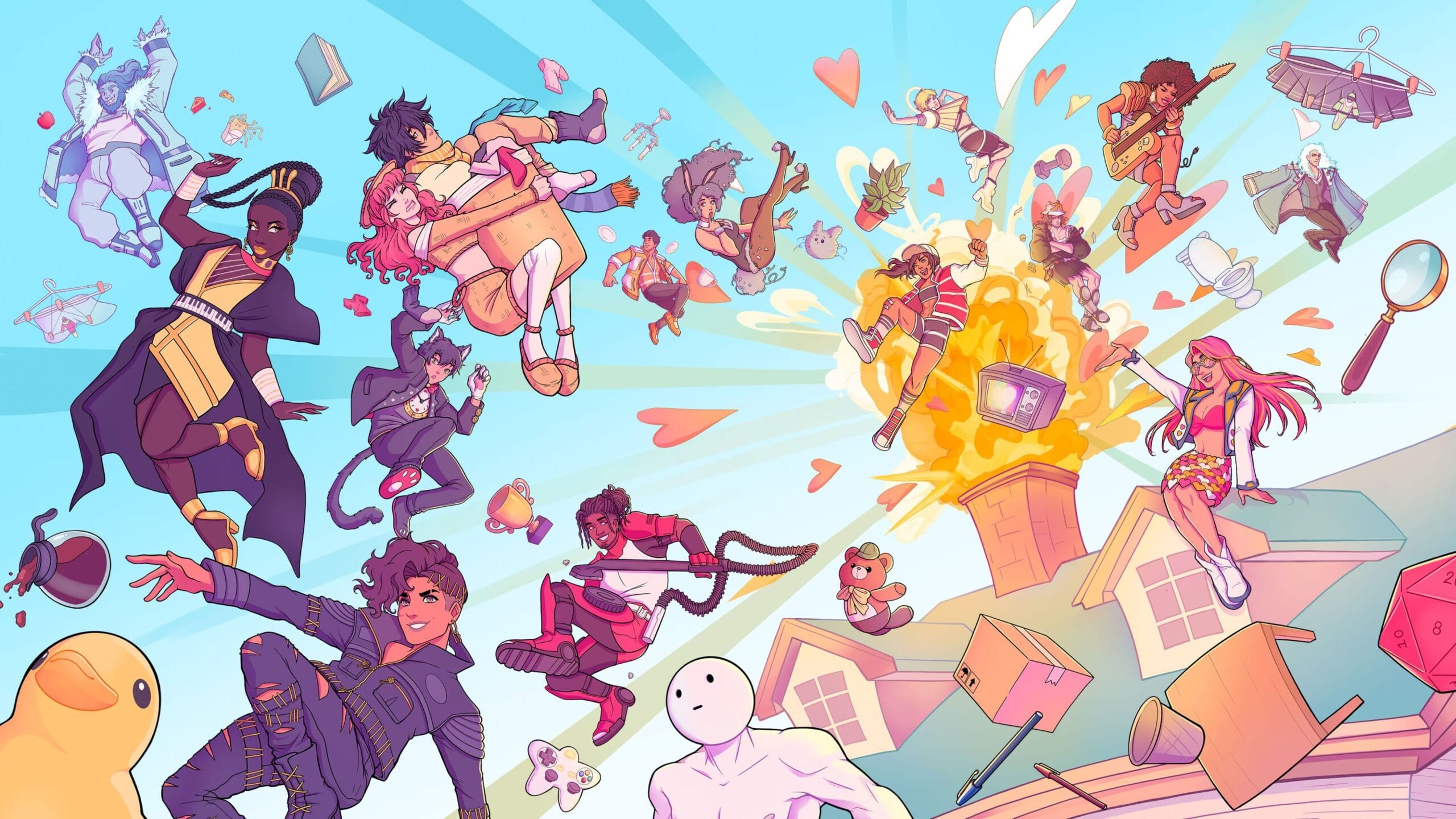Imagine a world where humans have wiped themselves out through war, and that they have been gone for so long, that their creations, robots, have built a society of their own and are now making the same mistakes as their masters. Sounds familiar? At first, the concept for Primordia is common ground, but it quickly grows beyond such cliché into a touching story about self discovery, important decisions and their consequences.
Primordia begins in the middle of the desert, inside what looks to be an abandoned ship. A robot named Horatio and his companion, a flying dome called Crispin live there. They are junk pickers and are content to making their living finding scrap in the wasteland, when suddenly they are attacked by a hulking robot who takes their only power source away. Forced to look for alternatives, the pair is out to explore the desert and end up finding more than they expect, by the end of the game.
You see, Horatio worships an entity called “Man”, who he claims, created all robot life. Unfortunately for him, not all robots believe in him – in fact, such belief is considered taboo, which early on in the game (quite literally in the first ten minutes) is explained as the reason why Horatio lives out in the desert like a hermit, instead of joining other robots in the last remaining city in the world, Metropol.
The further you make it into Primordia, you start seeing that things go a little deeper than the tin man story it starts out as. As an adventure game, it plays pretty much like you’d expect out of a traditional point and click game out of the early 90s. Inventory management and item combination plays a huge role throughout Primordia, as well as dialogue trees and puzzles. You can expect to get stuck often, but thanks to a few modern touches, like Horatio’s on board CPU, help you keep tabs on tidbits of info you discover along the way and if you can tolerate the sarcasm, you can always click on Crispin for a tip or two.
The look of the game is also reminiscent of that classic period in adventure gaming. Everything is pixelized and the dialogue font looks just like something you’d see in a LucasArts adventure game. That dialogue, though, is delivered through excellent and *mostly* crisp voice acting, which is surprising to see in an independent game. Horatio and Crispin have some great chemistry, which is made even more evident by some intelligent writing that injects jokes at just the right times. For a flying light fixture, Crispin is quite a comedian, one that doesn’t get on your nerves, surprisingly enough.
Primordia will take you around five hours to complete the first time through, but thanks to a handful of different endings and branching paths, as well as a comprehensive commentary track that includes most if not all of Primordia‘s creative team, you might be compelled to repeat it at least once more. It suffers from some of the issues that all point and click adventure games have and you might run out of ideas on what to do next at some point or another. Just take the gamble, if you get stuck. This is one of those games that grabs your attention when you least expect it and doesn’t let you go until you are see it through. That’s enough of a reason to give it a go – you will be surprised.







